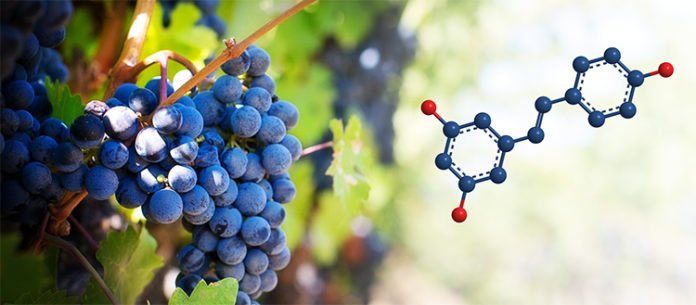More people die as a result of lung cancer each year than from breast, colorectal and prostate cancer combined.1 While in recent years there has been a stream of new life-extending treatments for lung cancer, it still remains a deadly disease.
Now, scientists at the University of Geneva (UNIGE), Switzerland, studied a well-known natural product, resveratrol, which is found in grapes and in red wine. While its chemopreventive properties against tumors influencing the digestive tract have been archived by past investigations, resveratrol has so far demonstrated no impact on lung cancers. On account of the nasal organization, the UNIGE group acquired exceptionally encouraging outcomes.
Muriel Cuendet, Associate Professor in the School of pharmaceutical sciences of the UNIGE Faculty of Science said, “We tried to prevent lung cancer induced by a carcinogen found in cigarette smoke by using resveratrol, an already well-documented molecule, in a mouse model.”
This 26-week long study contained four groups of mice. The first one, the control, received neither carcinogen nor resveratrol treatment. The second received only the carcinogen, the third received both the carcinogen and the treatment, and the fourth received only the treatment.
Muriel Cuendet said, “We observed a 45% decrease in tumor load per mouse in the treated mice. They developed fewer tumors and of smaller size than untreated mice. When comparing the two groups that were not exposed to a carcinogen, 63% of the mice treated did not develop cancer, compared to only 12.5% of the untreated mice. Resveratrol could, therefore, play a preventive role against lung cancer.”
Aymeric Monteillier, a scientist in the School of pharmaceutical sciences of the UNIGE Faculty of Science said, “However, resveratrol does not seem suitable for preventing lung cancer: when ingested, it is metabolized and eliminated within minutes, and therefore does not have time to reach the lungs. This is why our challenge was to find a formulation in which resveratrol could be solubilized in large quantities, even though it is poorly soluble in water, in order to allow nasal administration. This formulation, applicable to humans, allows the compound to reach the lungs.”
“The resveratrol concentration obtained in the lungs after nasal administration of the formulation was 22 times higher than when taken orally. The chemoprevention mechanism is probably related to apoptosis, a process by which cells program their own death and from which cancer cells escape. The UNIGE research team will now focus on finding a biomarker that could contribute to the selection of people eligible for preventive treatment with resveratrol.”
Muriel Cuendet, without excluding the development of preventive treatment in humans said, “Resveratrol is an already well-known molecule, which is found in food supplements, meaning that no further toxicological study would be needed prior to commercialization as a preventive treatment. This discovery is unfortunately of little economic interest to pharmaceutical groups. The molecule is indeed simple and non-patentable and cancer prevention studies require a follow-up over many years.”
The study is published in the journal Scientific Reports.
